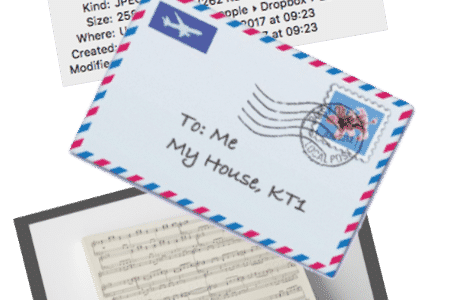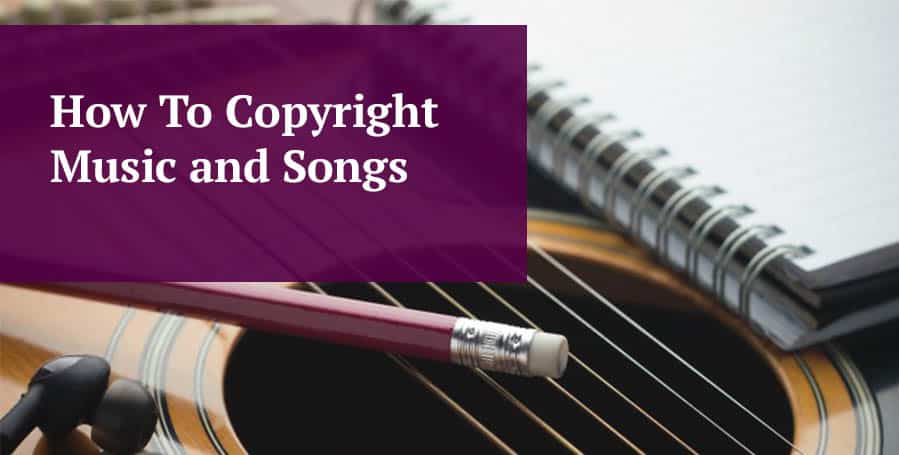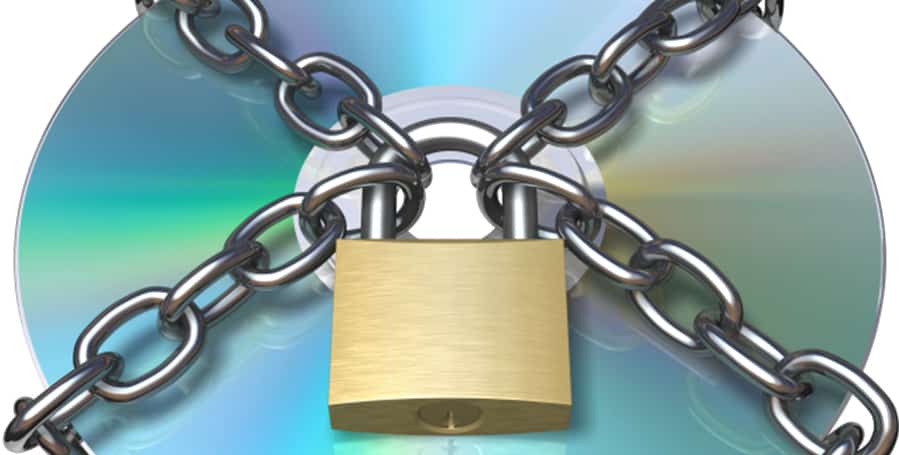How To Copyright Music and Songs – The Musician’s Guide
Stephen Avila
How to copyright music and songs is a question many new artists ask. For those creating music, and or songs, protecting them from copying, by other people, is critical. Both from a financial and a moral perspective.
After all, it is your hard work and talent that brought the music or song into existence. Why should someone else get to take advantage of that without your agreement?
This post looks at how you go about copyrighting your song and or your music in the UK.
Obtaining Copyright
Copyright is the exclusive right to reproduce and make use of (use in a commercial context) the material covered by the copyright. Section 1(1)(a) of the Copyright, Designs and Patents Act 1988 states that copyright can be obtained in “Original literary or musical works”.
Copyright is, therefore, specifically designed to protect music, as well as song lyrics. The words to the song are classed as a ‘literary’ work. As such they qualify for protection as well as the music.
Something to consider is that the recording of the music and, or the singing of the song, is also protected by copyright. This is because section 5A(1) of the Act states that a ‘sound recording’ is also covered by copyright.
A sound recording is defined to cover “All or part of a literary, dramatic or musical work, from which sounds reproducing that work or part may be produced”.
It’s important to note that a song and the accompanying music, can be broken down into distinct layers of copyright. If you’re an artist that has created a song and music to go with it, you’ll have at least three types of copyright coming into existence. These would be:
- Literary copyright in the words to the song.
- Musical copyright to the music that accompanies the song.
- Sound recording copyright in the recording of the song and or the music.
So how do you go about obtaining copyright in the music or songs that you’ve created?
How to copyright music and songs is extremely simple.
This is down to the fact that copyright is a ‘non registrable’ intellectual property right. What this means is that it comes into existence automatically rather than upon registration.
So the reality is that if you create either a musical or literary work that qualifies for copyright protection, you do not actually have to do anything to secure the copyright. It will automatically come into existence when you create the work in question.
Some other intellectual property rights, such as patents, do not come into existence until they are registered (in the UK with the Intellectual Property Office). This is not the same for copyright. Copyright comes into existence automatically in accordance with the provisions of the Copyright, Designs and Patents Act 1988 (the “Act”).
The Act states that copyright will arise and come into existence automatically. There is a catch, though. The material must meet one key requirement! The song or music in question must be ‘original’.
So what does ‘original’ mean in the context of copyright protection for your songs or the music that you have created?
Original in this context means that you have not copied the work in question from someone else. The song or the music has to be new.
Proving Ownership of Your Copyright
If copyright comes into existence automatically and it is not necessary to register it somewhere, how do you prove 
With registrable rights (such as patents or trademarks), the Patent or Trademark registers clearly set out who owns those rights. Here in the UK, the Intellectual Property Office maintains those registers.
With copyright the position can be a little bit tricky. Essentially, you have to be able to evidence the ownership of the copyright.
Copyright Evidence
There are many ways that you can go about evidencing your copyright and in doing so protect your copyright.
- If you are working with digital material, as soon as you save the file it will get a date stamp applied. This means that one way of evidencing your copyright is to save it electronically. Whether it be to the ‘cloud’, a disk or USB drive. You have plenty of options. There are a number of online services that will save your files to their cloud system. They issue you with a certificate with which you can easily evidence when you created your work (or at least saved it to their cloud storage system!).
- For writing on paper, a common tactic is to seal the material in an envelope and post it to you. The envelope will get a date stamp and you leave the envelope unopened. You only open it at such time as you need to prove when you created the material. This was a common approach in years gone by. Nowadays you have more options.
- Take a photograph of the work using a camera that applies a date stamp to the image file.
Ownership of Copyright in Music and Songs
The Copyright Designs and Patents Act 1988 determines ownership of copyright in music. It states that the ‘author’ of the work in question is the owner. This is unless you author a copyright work in the course of your employment. In which case, the employer of the author is the copyright owner.
The author in musical copyright is the person that writes the musical notes. This applies whether they put pen to paper or use software to write the music.
The owner of copyright in a song is the person that writes the lyrics down. Again, this is when it is written down on paper or electronically.
The owner of copyright in a sound recording is the person who is the ‘maker’ of the recording. I.e. the person using the recording equipment. This can cause issues for artists who use a third party to record their music and or song.
You need to make sure that the person who made the recording of your work transfers the copyright in the sound recording to you.
Unless You have a record deal of course. In which case, part of the deal will be that the label will record the copyright. Then they will own it and you’ll get your royalties based on what you have previously agreed with them.
With the above guide, you now have all the knowledge needed when considering how to copyright music and songs you have written.


